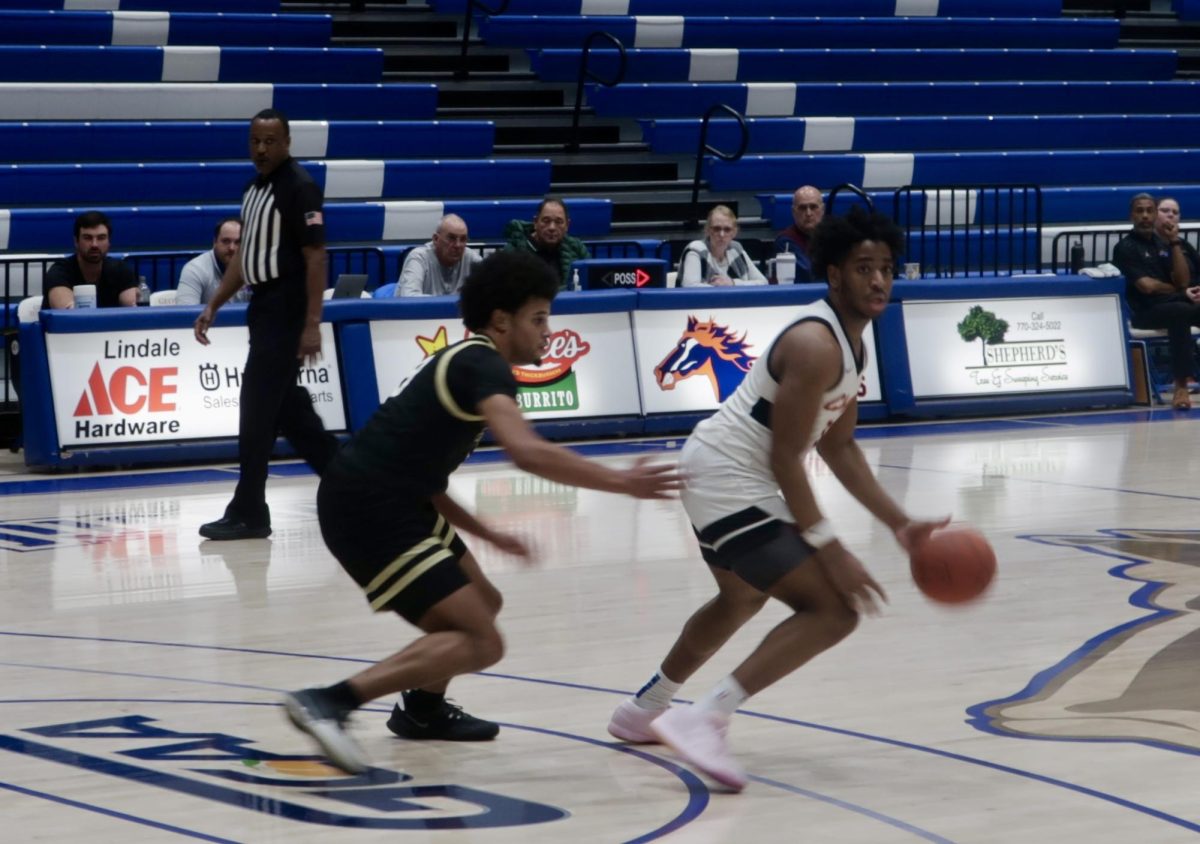Don’t Be Performative — Be Proactive
More stories from Mariah Redmond
Commentary:
Instagram was flooded by countless black squares, on June 2, in a virtual protest called “Blackout Tuesday.” The protest was meant to draw attention to racial injustice in the United States. For people of color, whose voices are too often dismissed, the protest was a serious effort to be heard. However, some people took it as an opportunity to capitalize on a trend. This is known as performative activism and it’s a problem.
Performative activism is surface-level activism done for personal gain rather than genuine devotion to a cause. On social media this takes many forms — corporations capitalizing on popular movements, influencers using activism hashtags (such as #BLM) for likes and everyday users sharing activist content to fit in with others. Intentional or not, performative activism is harmful because it erodes trust between allies and undermines real efforts for change.
Influencers hold a lot of power on social media. As leaders and role models in online movements, their performance has the most consequences. During the Black Lives Matter protests earlier this year, many influencers were called out for going to protests for photo ops rather than getting involved. Beauty influencers were shunned for exploiting the movement to advertise their makeup. It’s a shame to see influencers using their platform for empty gestures and microaggressions when they could be lifting up black voices instead.
Cartersville student Elysia Thompson-Fields said, “social media has made people more comfortable with performative activism as a way to try and disprove past racist behaviors.” With so many influencers jumping on the BLM bandwagon for selfish reasons, we should be wary and critical of those who say the right words but take the wrong actions.
To quote McKenna Kelly from Swaay, “Going with the flow when it comes to activism all because you are afraid of being called a racist or ignorant, is you actually being unable to truly understand and acknowledge problems.” True activism is more than black squares on Instagram. If you refuse to apply yourself in real efforts to create change, you’re probably causing more harm than good.
So next time you join a virtual protest, ask yourself why you’re doing it. Be educated, be active, and don’t drown out the voices that need to be heard.
Because performance won’t bring peace — only action will.
































































